MOVIE
Who stole the ‘Boys’ time?
‘Socialist director’ Jeong Ji-young’s sharp gaze
The story of ‘that day’ of the Samrye Nara Super incident
Why is ‘Boys’ meaningful?
The story of ‘that day’ of the Samrye Nara Super incident
Why is ‘Boys’ meaningful?
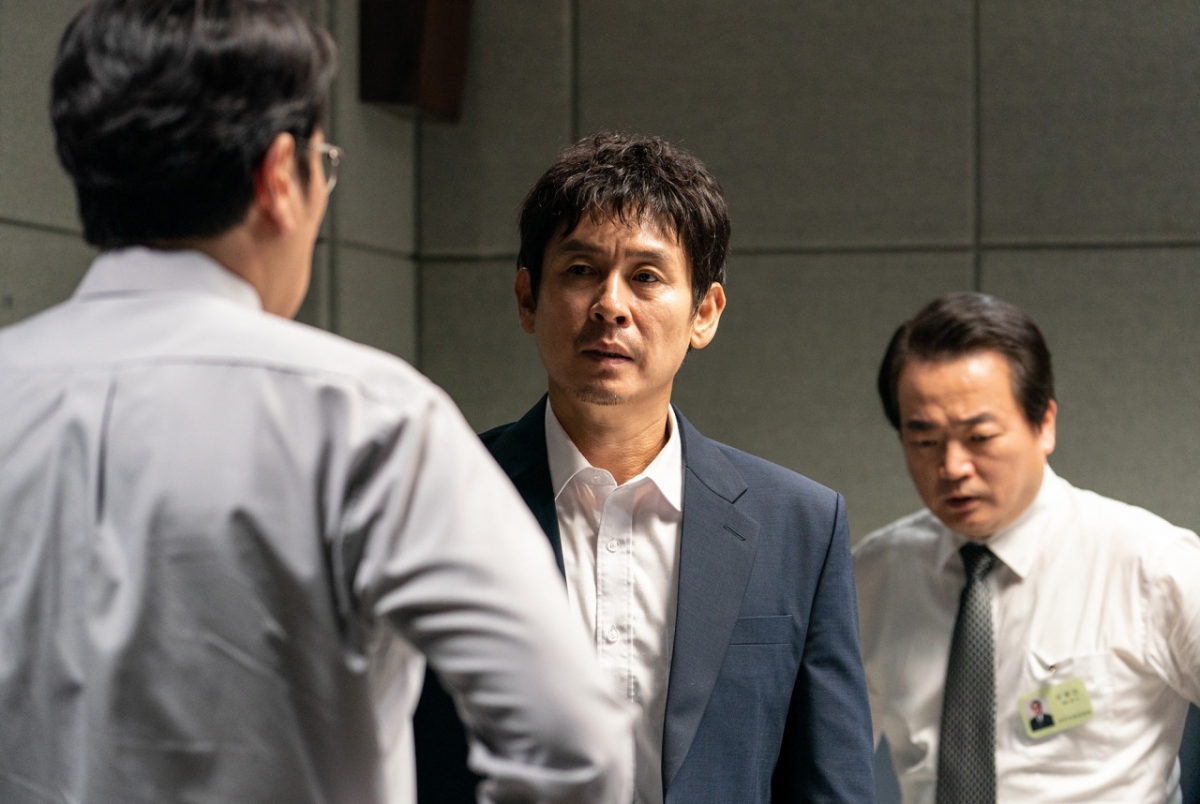
The film '1987' (directed by Jang Jun-hwan) deals with the painful modern and contemporary history of the torture death of Park Jong-cheol, which marked the beginning of the democratic uprising in June 1987. Choi was wrongly accused of the murder of a taxi driver at Iksan Yakchon Intersection that occurred on August 10, 2000. From 'Retrial' (directed by Kim Tae-yoon), which tells the story of 'The Crucible' (directed by Hwang Dong-hyuk), which deals with the shocking case of Gwangju Inhwa School, where inhumane child abuse and gang rape occurred against male and female disabled students aged 7 to 22.
What is one thing the three movies have in common? It is our history that is so stained and sad that it makes me feel sick, and it is a record of events that must be rewritten. Events that we have heard about at first glance or heard about through the media are often recreated on the screen and meet the audience. Why do directors make movies about things we already know? The answer to this question can be found in director Jeong Ji-young's film 'Boys', which is based on the Samrye Nara Super incident. The movie sets in motion the rusty clockwork of the ‘boys’ that had been frozen in time.
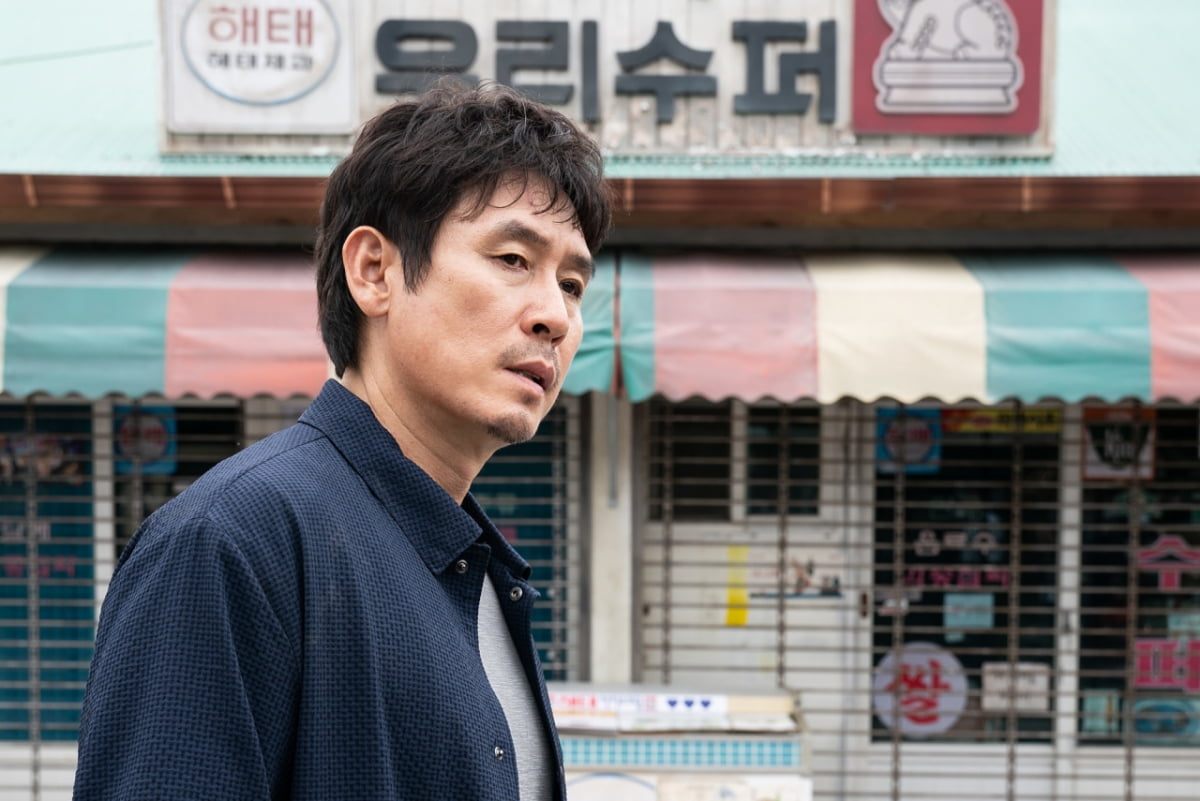
The movie 'Boys' explains how the incident occurred in a non-linear structure rather than a linear structure. The time zones of 1999, 2000, and 2016 are arranged alternately, and emotions are woven like a rope. Director Jeong Ji-young quickly compresses the process of the robbery and murder charges being indicted from the opening, which lists images of a crying child in a supermarket on a pouring rain night and a robber barging in, just as the detectives and prosecutors in charge at the time tackled the case in a hurry. Instead, detective Hwang Jun-cheol (Sol Kyeong-gu) is placed in his place. Already 16 years have passed, and Hwang Jun-cheol's graying hair and face show a tired look as he has faced the trials of time. Former colleague and junior detective Park Jeong-gyu (Heo Seong-tae), who used to work together, comments on Hwang Jun-cheol's changed appearance, saying, "He doesn't have the murderous look in his eyes from 16 years ago."
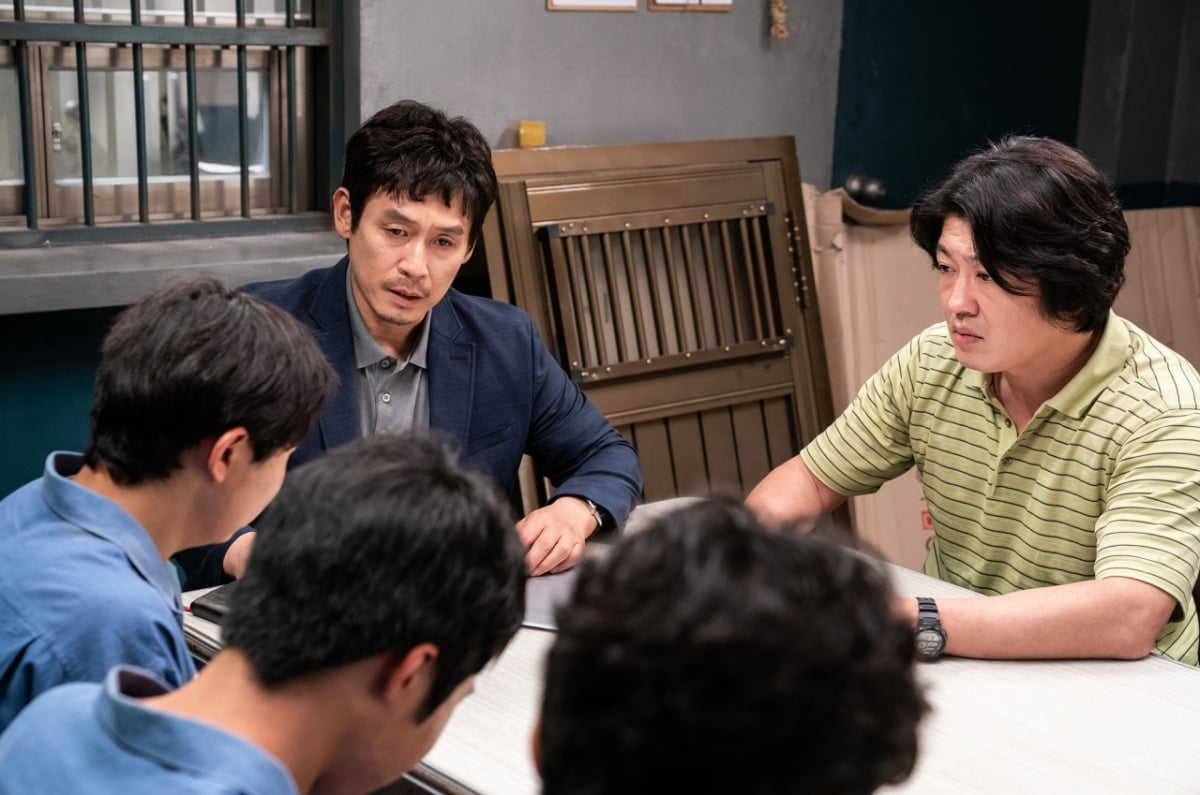
If you act alone in a group, you will definitely become a thorn in the side. Above all, as the case has already been concluded and the three perpetrators have been sentenced to prison, Hwang Jun-cheol's arbitrary actions are bound to be irritating within the police. Choi Woo-seong (Yoo Jun-sang), the detective in charge of the case at the time, puts pressure on Hwang Jun-cheol by stopping him from investigating. Hwang Jun-cheol, who visited the prison where the boys were imprisoned, resolved the questions, and brought in the real criminal Lee Jae-seok (Seo In-guk) and two others, was forced to retreat helplessly in the face of strong concealment by state agencies. Because of the violent investigation, the boys did not tell the truth for fear of retaliation, and the records of that day ended up sinking into the deep sea. The back of Hwang Jun-cheol, shown throughout the movie, is full of regret and regret at having to leave Wanju-seo.
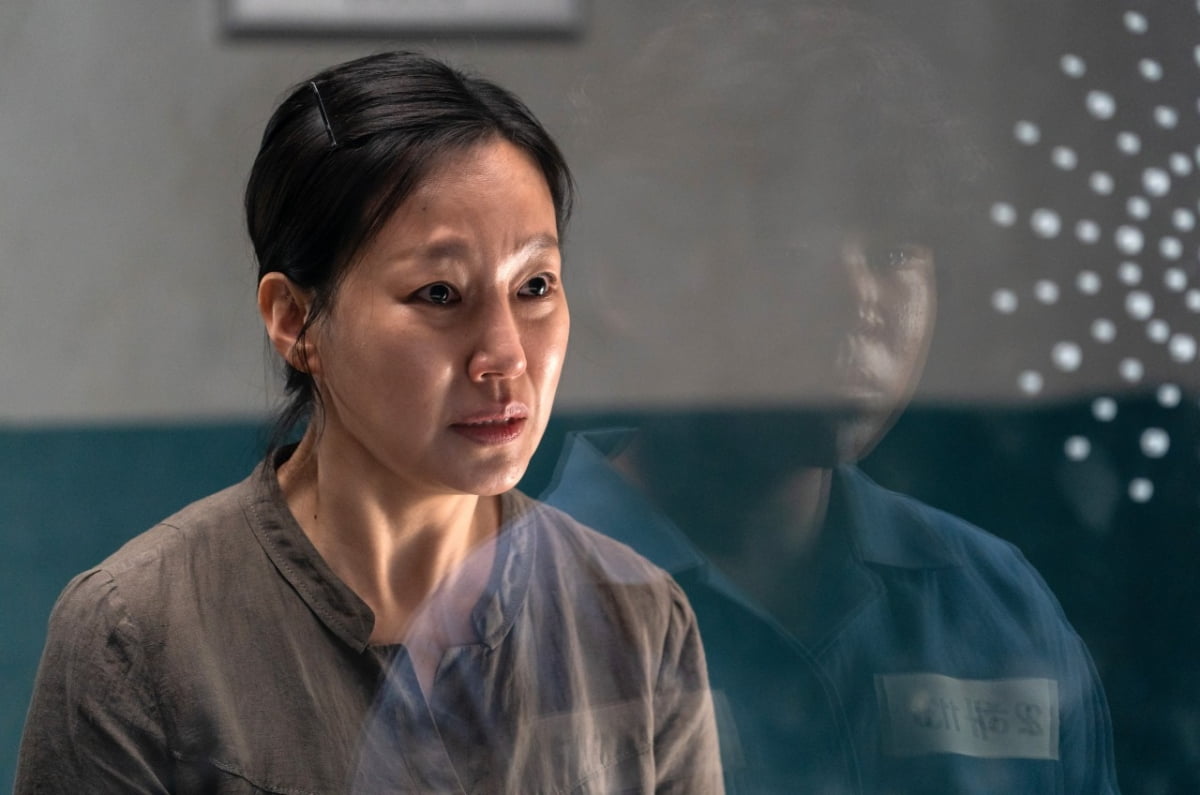
Jeong Ji-young is the so-called ‘socialist director’ who repairs and restarts the old clockwork of unforgettable events. 'Black Money' (2019), which deals with the process of acquisition and sale of 51% of the shares and management rights of Korea Exchange Bank by Lonsst, a hedge fund among American private equity funds, in 2003, the true story of being tortured in the anti-communist branch office after being arrested in the Democratic Youth League incident in September 1985 'Nam Yeong-dong 1985' (2012), which deals with 'Broken Arrow' (2012), which deals with the so-called crossbow incident of Professor Kyung-ho Kim, who was unfairly fired after pointing out an error in a math question on the 2007 college entrance exam. Director Jeong Ji-young, who debuted in 1982 with the film ‘The Fog Whispers Like a Woman,’ sharply captures and denounces the dark side of society.
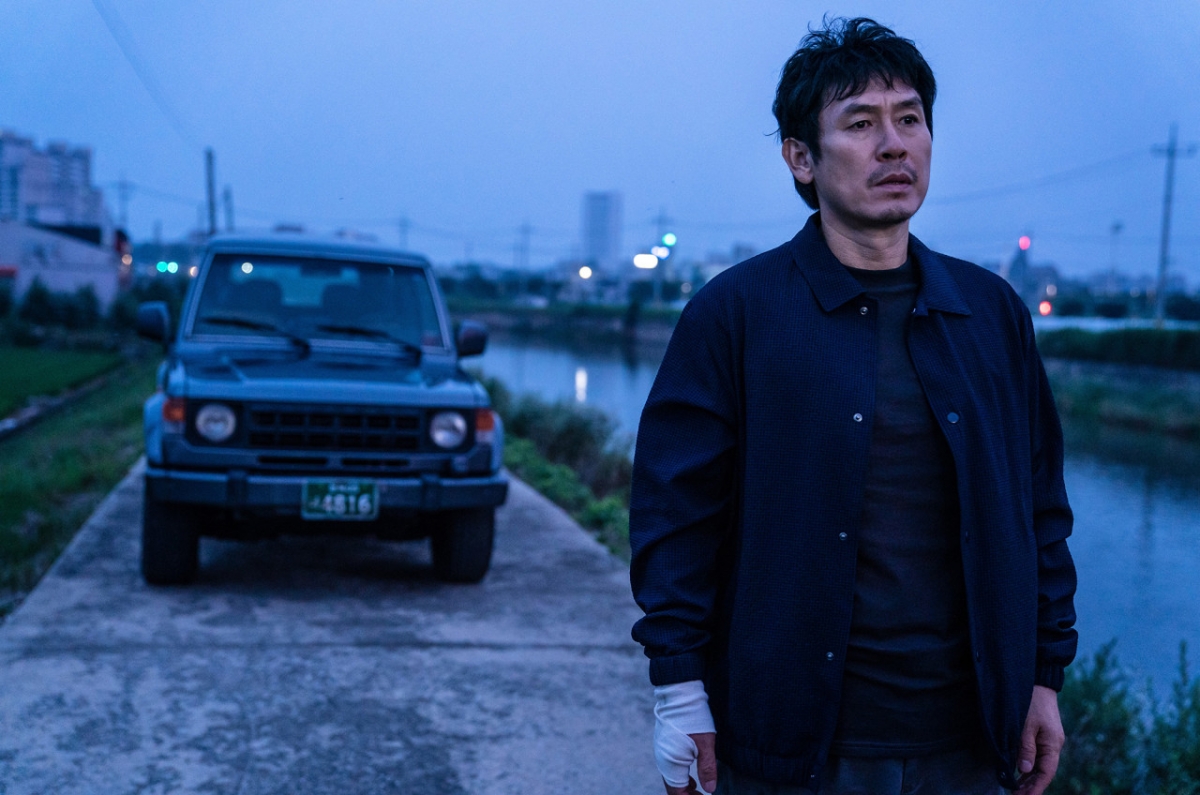
Nevertheless, the reason why director Jeong Ji-young's 'Boys' is meaningful is because it points to the question of who created the omitted time. The reason why the boys suddenly became adults and appeared before the audience was because for them, the 16 years were an empty gap in their lives. Looking at the cries of ‘boys’, we need to think. Who is it that took away the boys' time?
The movie ‘Boys’ opens on November 1st. Running time 124 minutes. Suitable for ages 15 and up.
Reporter Ha-neul Lee, Ten Asia greenworld@tenasia.co.kr
